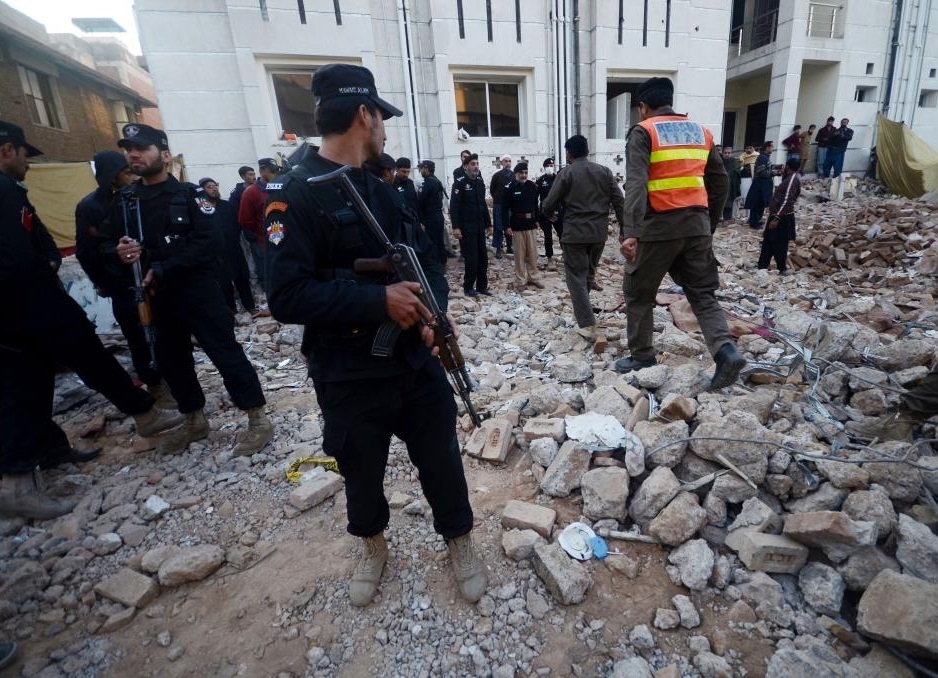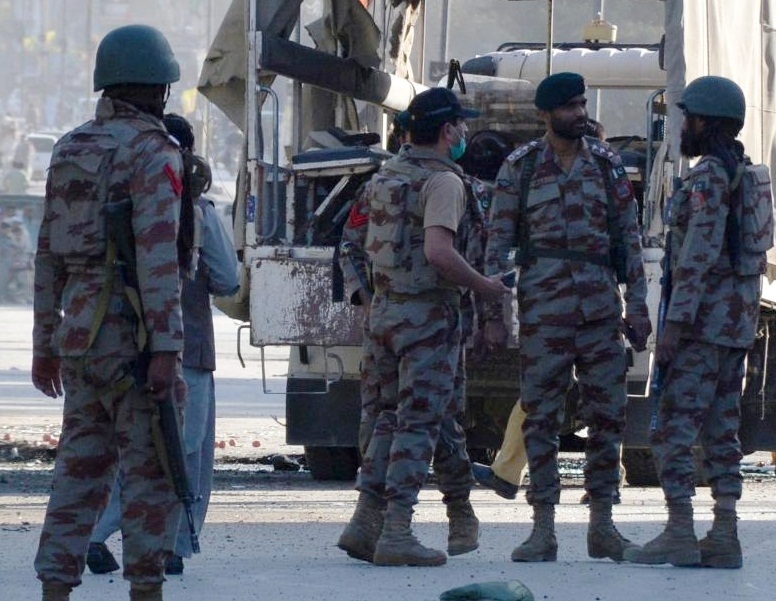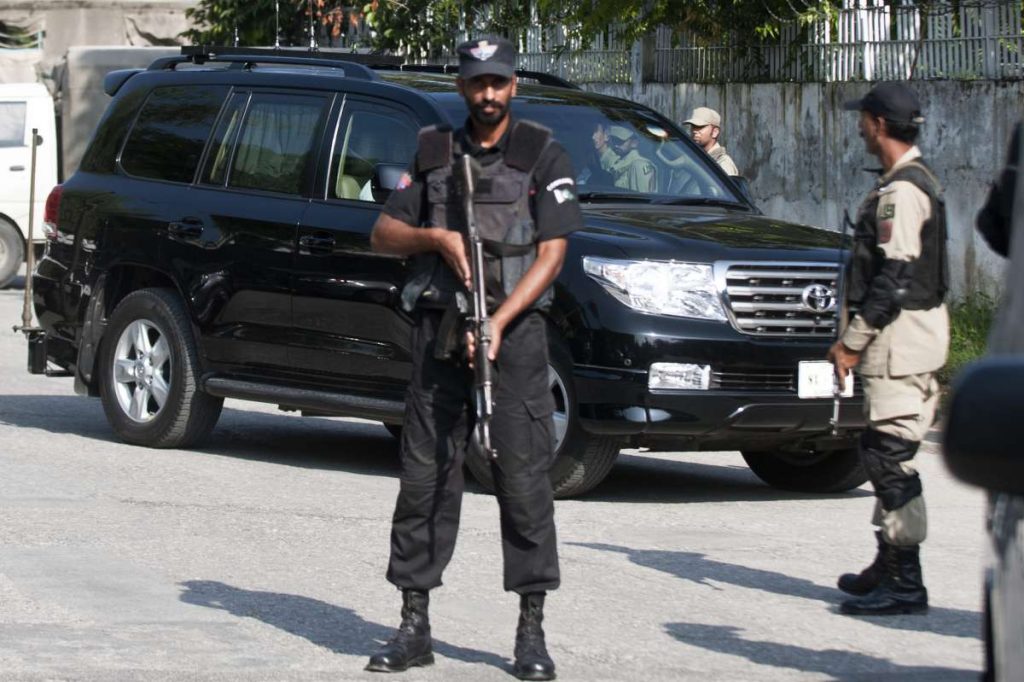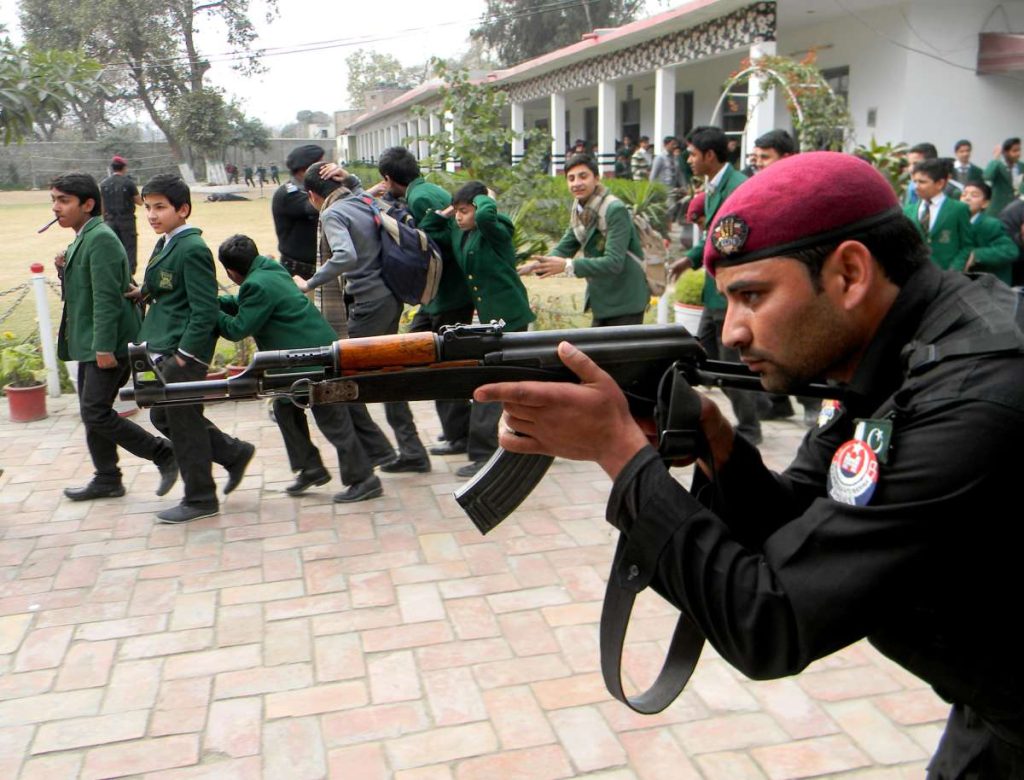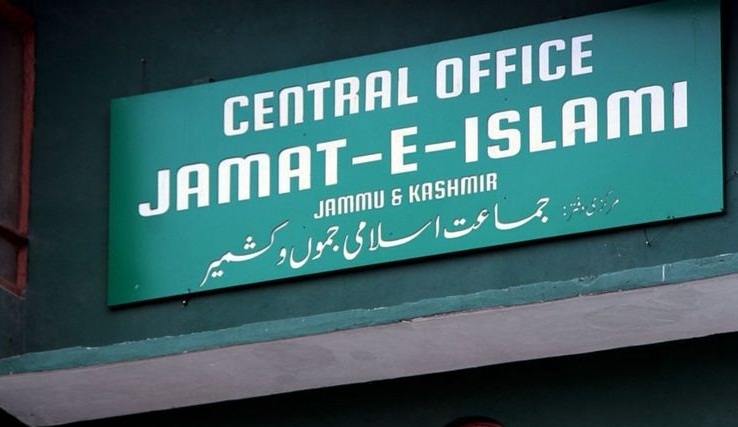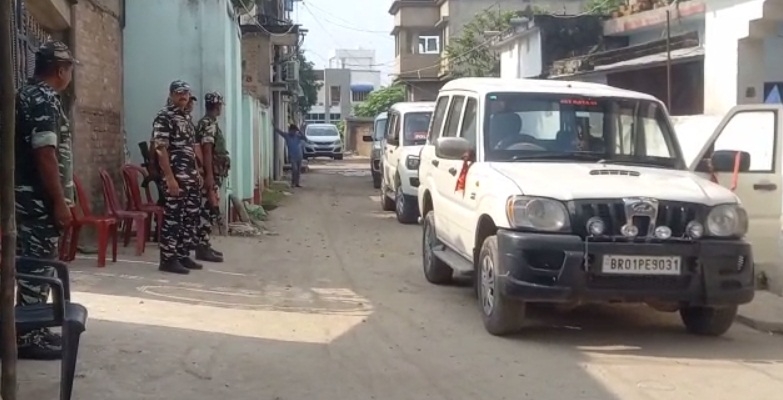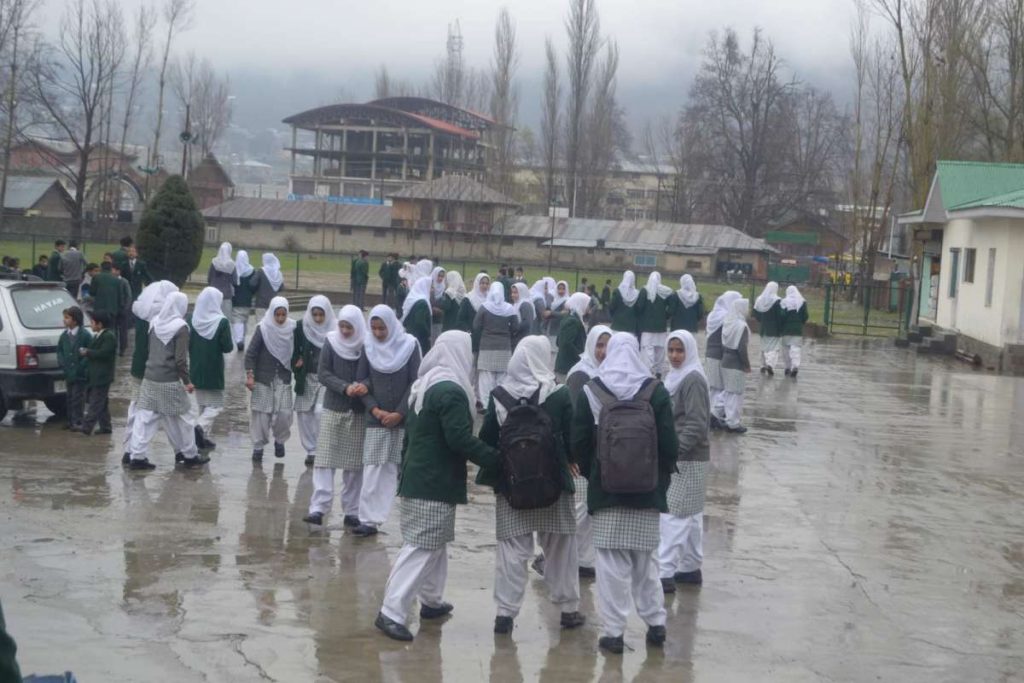China has not spared even its close friends when it comes to espionage, writes Dr Akhil Dev Sharma
For China, all developed nations, and emerging economies even from the BRICS are its rivals and hence, it treats them accordingly.
However, remaining always insecure about ideologies that it pursues and agenda it pushes beyond its geographical boundary, China heavily employs espionage as tools to keep tab on activities of its rivals with spying of their military, strategic, political, and economic assets being given a pre-eminence in its overall bilateral and plurilateral engagements with them.
The US authorities last week charged five Chinese students from the University of Michigan for trying to cover their tracks and lying after taking photographs of Michigan military base at Camp Grayling, especially at the time when military drills were going on between American troops and soldiers from the Taiwanese military in August 2023, AP News said.
The Federal Bureau of Investigation of the US was quoted by several media outlets as saying before the District Court in Michigan on October 3 that these Chinese nationals were found with cameras, tents, and classified communications equipment during American troops’ training exercise with the Taiwanese military.
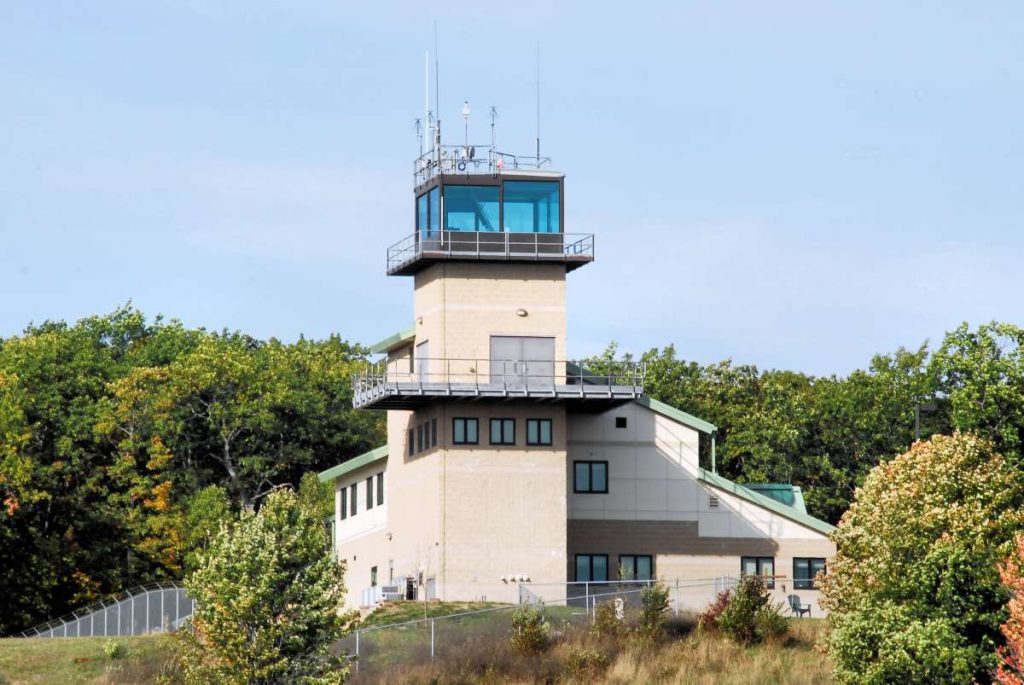
The incident has triggered a deep concern among the US authorities on China’s continued use of its people for intelligence in America. According to the Centre for Strategic and International Studies, there have been 224 reported instances of Chinese espionage directed at the US since 2000 and of them, 69% have been reported after Xi Jinping took office, first as the Chair of the Central Military Commission in November 2012 and after he became President in March 2013.
The Washington DC-based think tank further said the majority of Chinese spying activities in the US include secret information gathering against US military assets or research facilities, space assets, nuclear weapons test data, economy, and the nation’s politics. As per the think tank, Beijing uses its nationals and naturalised US citizens born in China for espionage purposes in the US.
In September, 2024, Linda Sun, a US naturalised citizen who worked as an aide to two former New York governors, Kathy Hochul and Andrew Cuomo was charged with acting as an undisclosed agent of the Chinese government and laundering millions of US dollars for China.
In his 63-page indictment, Breon Peace, the US Attorney for the Eastern District of New York, said Linda Sun, working in the administrations of New Governors, Hochul and Cuomo, allegedly “blocked representatives of the Taiwan government from meeting state officials (of New York), and tried to arrange for a high-level state official visit to China.”
What created a flutter in the US’s political and diplomatic circles is that Linda Sun, 41, was working on behalf of the Communist Party of China in coordination with four diplomats at the Chinese consulate in New York City. And then, all this happened at the time when both the US and China are trying to ease tensions in the run up to the presidential election in America.

Earlier in May this year, the Joe Biden administration issued an order blocking a Chinese company, Mine One Partners, backed by Chinese nationals, from owning land near a nuclear missile base in Wyoming. Such activities, experts say, have a profound impact on America’s national security, its political and governance processes.
But the US is not just the lone target of China’s espionage activities, Europe has become another major place for Chinese spies’ actions in intelligence gathering. In this regard, Germany has served as a hotbed of information gathering activity by Chinese agents.
On October 1, a Chinese woman, identified as Yaqi X was arrested in Leipzig on the suspicion of gathering information on the “transport of military equipment and persons with connections to a German arms company,” DW quoting Germany’s public prosecutor’s office, said.
In April, German authorities arrested three people on suspicion of being in contact with Chinese intelligence officials and handing them over innovative technologies that could be used for military purposes. Germany’s Justice Minister Marco Buschmann was quoted by Reuters as saying that “at the time of their arrest, the accused were in further negotiations about research projects that could be particularly useful for expanding China’s maritime combat power.”
Earlier this year, Dutch intelligence agency AIVD identified China as “one of the biggest cyber threats” against the Netherlands, while Norway’s intelligence service said Chinese spies operate all over the continent with defence, cyberspace and technology remaining key areas of their intelligence gathering activities.

As per the Institute for Strategic Research, a Paris-based military think tank, China has a vast network of organisations, which include the Ministry of Public Security (MPS) and the Ministry of State Security (MSS) to carry out spying activities.
The French military’s think tank said China’s Ministry of Public Security’s intelligence branch alone employs between 80,000 and 100,000 people, while the Ministry of State Security employs around 200,000 agents. However, the exact figure of agents hired by these Chinese ministries could be very high, Paul Charon, a China specialist at the Institute for Strategic Research was quoted by The Japan Times as saying.
In 2020, investigations carried out by journalists Die Welt and La Stampa, based on sources from the European External Action Service (EEAS), uncovered the existence of an extensive network of Chinese intelligence agents in Brussels.
At that time, there were as many as 250 Chinese intelligence officials in Brussels, making the city which hosts NATO headquarters, 300 foreign diplomatic missions and around 100 other international organisations, the capital of Chinese spies, said journalists Die Welt and La Stampa in their report in Bloomberg.
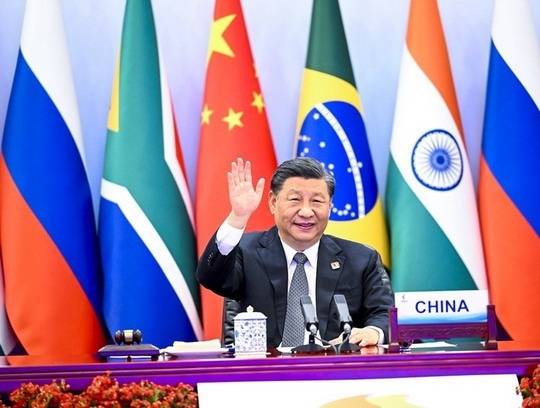
But then China has not spared even its close friends when it comes to espionage. For example, Brazil, a BRICS member which celebrated the 50th anniversary of diplomatic relations with China in August 2024, is angry with Beijing for its alleged cyber-attack on its presidential office. It is seething in anger with the fact that China has repeatedly targeted its vital interests in the country despite being a close friend.
Since 2020, as many as 15 incidents of China-led cyber-attack have been reported across Brazil, including the country’s presidential office. Experts say espionage is the result of increasingly hostile policies of the CPC and hacking is the preferred mode of its espionage.
ALSO READ: ‘China using spam networks to influence US polls’






